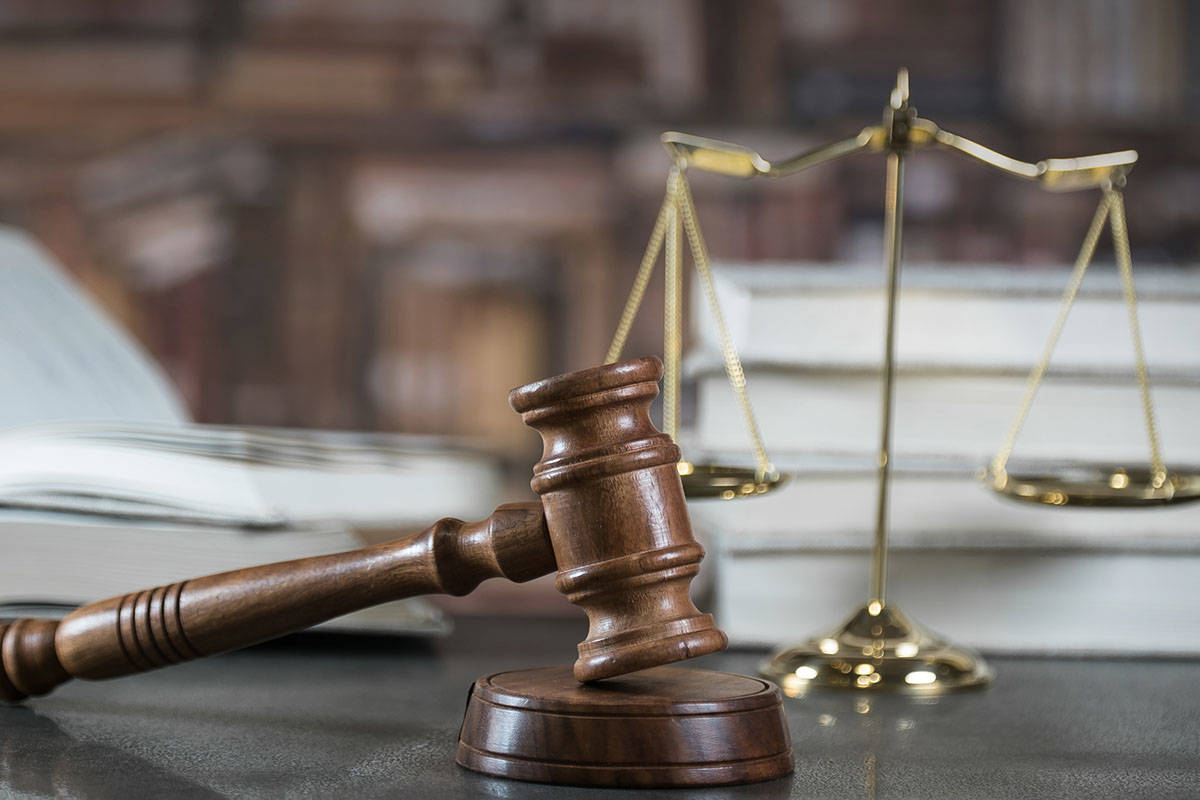EDITORIAL: Nevada Supreme Court bail decision strikes an appropriate balance

The Nevada Supreme Court jumped into the controversial topic of criminal justice reform last week with a ruling on bail policy that will have ramifications for thousands of low-level offenders. The decision strikes a reasonable balance between protecting the community and addressing inequities in the system.
The case involved two Las Vegas defendants who were indicted on felony charges and subsequently raised issues regarding their bail. The men eventually pleaded guilty and are currently in prison, but the court agreed to hear the matter “as a matter of public importance.”
In the 6-1 ruling, the justices tightened requirements on courts regarding the determination of bail. Not only must a defendant be given a “prompt” hearing on the issue, prosecutors must show by “clear and convincing evidence that no less restrictive alternative” would be prudent. Judges must then put their findings of fact and reasons for any bail decision on the record.
“Bail serves an important function of allowing a defendant to be released pending trial while at the same time ensuring that he or she will appear at future proceedings and will not pose a danger to the community,” Justice James Hardesty wrote for the majority. “When bail is set in the amount the defendant cannot afford, however, it deprives the defendant of his or her liberty and all its attendant benefits, despite the fact that he or she has not been convicted and is presumed innocent.”
Critics argue that the current bail system exacerbates inequality because it adversely affects poorer defendants who can’t afford to post bond, forcing them behind bars while awaiting trial on even petty and nonviolent offenses. The result can be lost jobs, broken families and recidivism even for those who are eventually found not guilty.
The challenge is to separate dangerous defendants and flight risks from the others. Some progressive jurisdictions — New York, for instance — have taken the extreme step of essentially eliminating cash bail entirely. Predictably, the results have been disastrous: The New York City Police Department determined that, in the first two months of 2020, 482 individuals who were arrested on felony charges were released and later re-arrested on suspicion of committing 846 additional crimes, many of them serious.
The Supreme Court’s ruling resists such ridiculous excesses and makes clear that bail still will be necessary in many cases. But the decision recognizes the folly — from both a fiscal and moral perspective — of locking up low-risk defendants before trial simply because they lack the monetary resources to post bail.
“If you’re a flight risk or danger to the community,” Clark County District Attorney Steve Wolfson said in response to the ruling, “you should be in custody. If you’re not, you should be out.” To the extent this ruling pushes the state in that direction, it makes eminent sense.